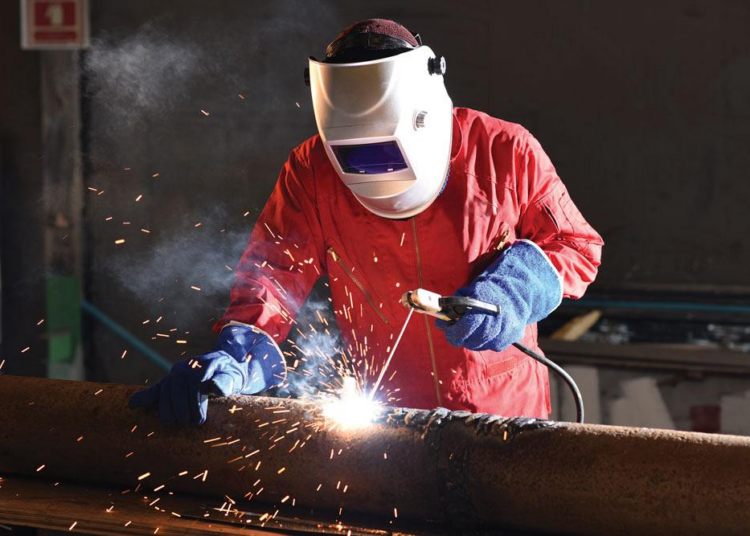The federal government has taken a major step to halt the annual loss of about $10 billion revenue loss to the importation of welders in major sectors of the Nigerian economy in order to provide jobs for Nigerians and create more wealth.
This was the crux of the federal government policy on the National Policy on Welding and Welding related Fields and a Strategy Implementation Action Plan, which was launched in Abuja on Monday to prevent the huge losses the country is suffering from the non-certification of the sector.
Minister of Innovation, Science and Technology, Uche Geoffrey Nnaji, who led the unveiling ceremony of the policy and the implementation plan in Abuja on Monday, said the Policy was made to address the long-standing issue of neglect and lack of regulation in the welding sector.
He added that the federal government in collaboration with the Nigerian Institute of Welding will establish six centres of welding excellence in the six geo-political zones of the country. He pointed out that the policy will transform the welding profession, which had long been left in the hands of uncertified personnel.
The minister noted that although Nigeria has about one million welders, the country cannot be allowed to continue to lose $10 billion annually in revenue by importing welders with international certification, who displace the country’s local service providers due to lack of acceptable accreditation.
The minister said, “Research has shown that welders’ contribution to all fabricated products exceeds 70 per cent with most welder-wage components unwittingly exported. The influx of foreign welding personnel, particularly in the oil and gas industry, demands special attention.”
He noted that the ministry of Innovation, Science and Technology is interested in improving the welding sector, which he added will boost the nation’s socio-economic development.
The minister said, “It is concerning that the lack of internationally recognised certification of industry practitioners has prevented our indigenous welding sector, which should be making a substantial contribution to Nigeria’s economy, from exploiting the myriads of opportunities, particularly in the oil and gas industry and exporting them to an influx of foreign welding personnel.
“Consequently, we have introduced the National Policy on Welding and Welding Related Fields to address this issue and promote the use of local welding personnel in critical economic sectors.”
Nnaji noted that the focus on international certification has marginalised local welding professionals especially in the oil and gas sector and denied them the opportunities to contribute their expertise.
He added that the new policy is in line with the the Renewed Hope Agenda of President Bola Tinubu, stressing that the welding centres will provide training and ISO Certification to local welders, empowering them to work locally and internationally.
“The Initiative aims to promote local content utilisation in alignment with the objectives of Presidential Executive Order No 5, which seeks to boost local content in production,” the minister said.
Earlier in his remarks, the Board Secretary of the Nigerian Institute of Welding Dr.Solomon Ebri, said the policy “will reorder Nigerian welding” and help to improve its manufacturing, human capacity, infrastructure development as well as equip its Small and Medium Enterprises (SMEs).
He noted that proper implementation of the policy will greatly reduce Nigeria ‘s dependence on foreign welders and minimise the huge revenue losses.





